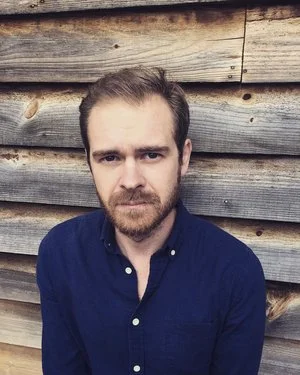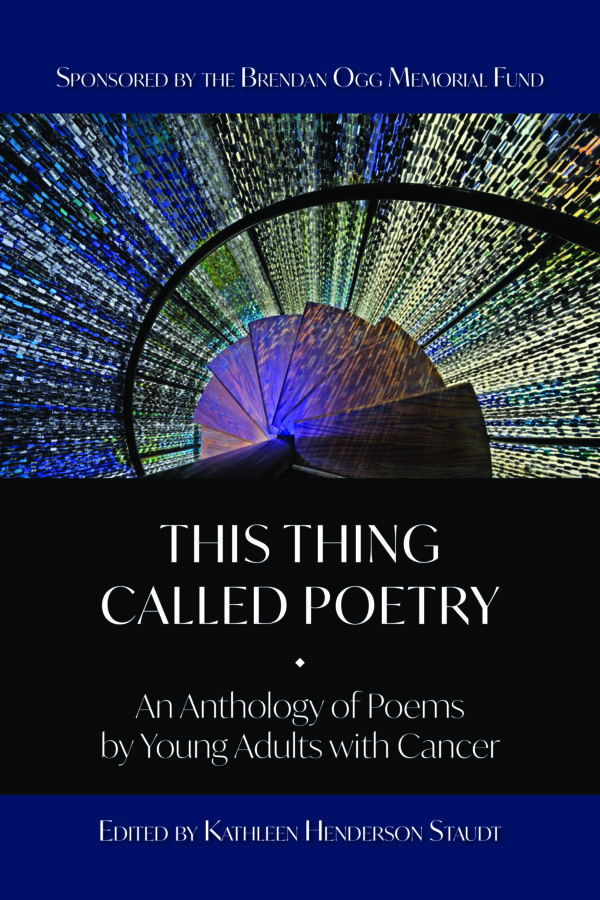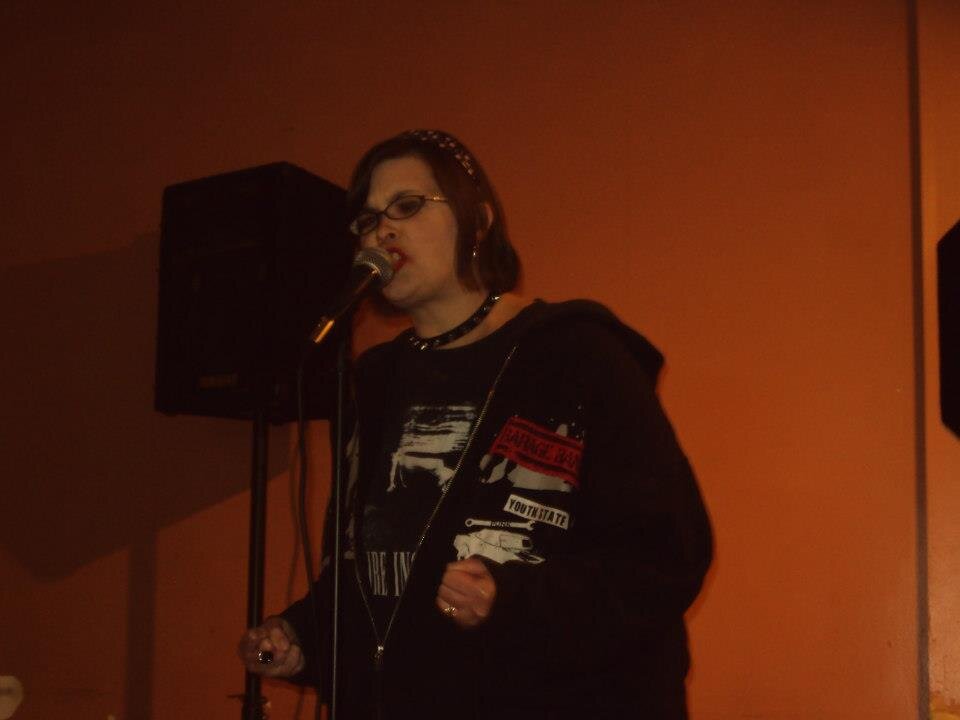Jennifer Horne and Don Noble at Livingston' Press’ “Meet Your Authors” day in Birmingham.
Reading Jennifer Horne’s new poetry book, I found myself burrowing into the lyrical devoutness that is a quality of her voice, a quality that thicken and deepens with time. As Dan Beachy-Quick observed: "The poem founds a world it also finds….It is the logic of the poem that puts everything in the poem at stake." What follows is a conversation between myself and this human who brings so much to our state’s literary landscape.
ALINA: It was so exciting to discover that you have a new poetry book on the horizon! I know you have been so busy with other writing projects, so I wanted to start by asking you to tell us a little bit about your concurrent projects and then maybe share how this chapbook emerged, blossomed, sprouted... and what soil nourished its growth?
JENNIFER: I've recently been working on prose projects--writing essays, co-editing a volume of fiction by Alabama women with my husband, Don Noble, and, over the last decade, writing a biography of the writer Sara Mayfield (which is nearly done!). But I think of poetry as my native language, and I'm always working on a poem here and there.
I got to know Bonnie Roberts, whose micro-press, Mule on a Ferris Wheel, is publishing Borrowed Light, back when the Limestone Dust Poetry Festival in Huntsville was happening, and when I included a poem of hers in my anthology Working the Dirt in 2003.For the past couple of years she have been talking about doing a chapbook of mine, and in the last six months we got serious and got it to press.
Some of the poems in the collection go back years, while some are fairly recent. I'd had an idea for a collection that I thought of as having a spiritual center, and as I took poems out, shuffled them around, laid them out all together to see how they fit together, the idea of light--both literal and metaphorical--began to seem like the connective tissue of the book. The back jacket description of the book reads:
"What are the sources of light we live by? How do we sustain ourselves when times are dark? In Borrowed Light, Jennifer Horne uses an architectural term that refers to bringing sunlight to rooms without windows as a metaphor for finding illumination through nature, art, dreams, and other people. Many different kinds of light appear in this book: morning light and twilight, porch light and candle light, the glow of fireflies and the hard clarity of winter light. Seeking “light, perspective, something new” Horne imagines a world in which both choice and serendipity play their parts, and writing is the key to the discovery of new ways forward."
In addition to lyric poems, the book includes what I think of as memory pieces, not quite micro-memoir, not quite prose poem, that are scattered throughout and provide reflective pauses, looks backward to childhood and my mother, meditations on time, femininity, and creation. This collection is more intuitively and loosely structured than my previous books--Bottle Tree is composed of poems about the southern U.S., and Little Wanderer is made up of travel poems--but finally the composition felt right to me. Working with Bonnie, a fine poet and an insightful editor, helped make the book so much better than what I began with; it was a rich collaboration.
ALINA: "Memory-pieces"... I love that. Tell me more. Can you share one with us?
JENNIFER: These prose pieces are brief, fragmentary, but, I hope, whole in the moment they present. They have visual elements, in the way of a photograph, but feel to me like interior weather reports, memories that carry emotional weight and have new resonance when looked at afresh.
Here's one of them:
Journal
Mom in bed first thing in the morning, writing in her journal. She favors notebooks in bright colors, green especially, with looseleaf sheets, and writes with fine-point markers—green or brown. Earth colors. Earth woman. Lying down in the leaves in the camel-hair thrift-store coat and feeling like a bear. Cleaving to earth. The sun on her face. Writing down a dream, a thought, the beginning of a poem.
“Morning, Mom!”
“Morning . . . I’ll be in there in a minute . . . just as soon as I finish writing this down.”
JENNIFER: In less than a year, I'll be the age my mother was when she died. My sister and I are almost finished with a collection of her poems that we plan to publish for friends, family, and anyone else who's interested, and as I've gone through the poems, I've come to many realizations about her as an adult that I couldn't have had earlier. I've now been all the ages she was when she wrote her poems, and so exploring her life as a writer has also been, unexpectedly, a way of claiming her as a peer. In paying homage to her work and the profound influence she had on me as a poet, I've gotten to know her in ways I might not were she still alive.
ALINA: "Claiming her as a peer"--what a beautiful way to describe the ongoingness of relating to one's mother (and one's lineage) after her death. Have you been inspired by your readings to work in fragments? If so, share a few. I'm also deeply interested in your experience as a state poet laureate. What does this generally entail for you? How do you feel you've been able to serve the Alabama poetry community? Also, what felt needs have you been unable to meet due to lack of resources and why? I think many people would be surprised to learn the state poet laureate doesn't receive any financial assistance for her role.
JENNIFER: I'm still waiting to see how typing all her poems and organizing them into a book will affect my future writing projects. One thing I'm having a glimmer of is some kind of creative nonfiction project that includes some of her prose writings and some of mine, along with some invented scenes having to do with other women of my family. I've recently finished a biography of writer Sara Mayfield that at first included more autobiographical elements--those mostly came out in trimming the book to a reasonable length, but I'm still engaged with that material.
It was such an honor to be named state poet laureate, and I went into it with the general goals of connecting poets to each other and to their communities, amplifying what was going on in the literary community, and encouraging people in Alabama to learn more about and enjoy poetry while creating literary resources and events in their own towns.
When I look at my calendar over the past two years, I can see what a rich journey it's been already (with two still to go). Predictably, I've spoken at writing conferences, done workshops and readings, and been part of a number of literary events such as the One Million Poets event. I've also spoken to a Rotary Club, judged the statewide Poetry Out Loud contest for high school students and several out-of-state contests, helped plan the state book festival, Skyped with a junior high creative writing club in Los Angeles, spoken to an OLLI group about Alabama Writers Hall of Fame inductees, appeared on a panel of poet laureates with the Mississippi (Beth Ann Fennelly) and Louisiana (Jack Bedell) laureates at the Tennessee Williams/New Orleans Literary Festival, spoken at several schools and churches, and participated in a tribute to Toni Morrison. I regularly correspond with writers seeking advice on publication and writing. I also try to use social media frequently to share information about all the literary activity going on in Alabama.
It's a varied menu of activities, and I enjoy it. One of the best things about being poet laureate is having an excuse to bring poetry into the conversation with anyone I meet. As soon as I'm asked what I do and say I'm the poet laureate, people want to know more about this unusual position, and that usually leads to talking about what poems or poets they like.
Halfway through, I'm assessing what I'd like to do more of. Since there's only so much of me to go around (and I mean to model being a poet and writing regularly as part of being poet laureate), I'd like to help create more of a formal network of poets who could speak at schools and to groups (something analogous to the Alabama Humanities Road Scholars Speakers Bureau). I'd also like to standardize a hashtag for anyone in the state to use on social media when they've been to a reading or found a book of poems they loved--maybe something like #poetryalabama. I'm open to suggestions!
As you mentioned, all of this would be easier if there were some funding for the poet laureate position. I'd love to see a travel budget, for starters, to cover mileage and a hotel when I speak to different groups, especially for visits that require overnight stays. Some places can cover that, but some are not able to. I applied but was not chosen for an inaugural Academy of American Poets Laureate Fellowship; I'll give that another try in 2020! And even when travel is for one reason or another prohibitive, I'm available to speak to groups and classes via Skype. I hope anyone who'd like me to speak will be in touch.
ALINA: Thank you so much for taking the time to chat, Jennifer. I’m still mulling your description of the first poem in Bottle Tree: “an exotic thing combined with a familiar thing.” It’s a wonderful brick to start a poem. I love the details you mentioned of the writing process, how you circled around the territoriality of pecan trees and folk traditions with that careful yet caressing gaze you bring to the page.
Maybe I’m reaching towards a meta-statement, here. Since I’ve known you—and every time I’m in your presence, as both poet and human—I’m reminded of what it means to value other voices, or what it means to be constantly thinking of others and drawing attention to their work. As poet laureate, you exert a very specific sort of energy that includes and encourages, a light that “makes the bed” without believing one can ever truly deserve the generosity of publication—of being read. I respect and appreciate you so deeply for that. It is easy to stand behind the mic and insinuate a story about how we deserve it—how we have earned the right to be heard, believing our pain or dreams are unique—yet so much more difficult to anchor one’s self in the belief that the writers of this state matter at all levels of their careers, whether established or emerging. I hope that fellow Alabamians take full advantage of your emotional and intellectual generosity at the 2019 AWC Conference, where you will leading a workshop.
Jennifer Horne is a writer and editor of prose, poetry, and fiction who has taught creative writing in a variety of settings. In 2017 she was commissioned Poet Laureate of Alabama, a four-year position. She is the author of three collections of poems, Bottle Tree, Little Wanderer, and Borrowed Light, as well as a collection of short stories, Tell the World You’re a Wildflower. She also has edited or co-edited four volumes of poetry, essays, and stories. Her latest work is a biography of the writer Sara Mayfield. She has been the recipient of fellowships from the Alabama State Council on the Arts and the Seaside Institute in Florida, and in 2015 was awarded the Druid City Literary Arts Award, given by the Tuscaloosa Arts Council.






















